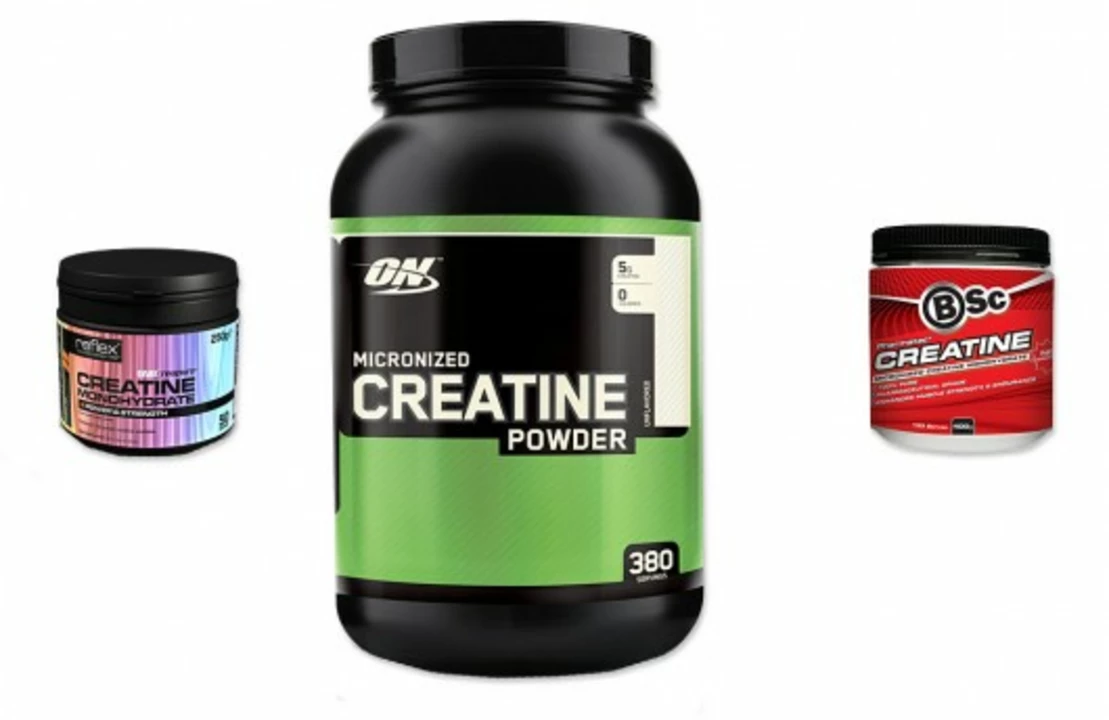Creatine Supplementation: What You Need to Know
If you’ve ever wondered why gyms are stacked with creatine containers, you’re not alone. This cheap powder can add real power to your lifts, help muscles recover faster, and even give a tiny boost to brain function. The good news? It’s easy to use and works for almost anyone who trains hard.
How Creatine Works
Creatine is a natural compound stored in your muscle cells as phosphocreatine. When you sprint, lift, or do any high‑intensity move, your body taps this store to produce quick energy (ATP). More creatine means more fuel for those short bursts, so you can push out an extra rep or run that last 20 meters a bit faster.
Most of the research uses creatine monohydrate, which is cheap and well‑studied. It dissolves in water, mixes with juice, or even hides in a protein shake – no fancy preparation needed.
Practical Dosage Tips
The classic approach starts with a “loading phase”: 20 grams per day split into four 5‑gram servings for 5–7 days. This floods your muscles quickly and shows results in as little as a week. If you skip loading, just take the maintenance dose of about 3‑5 grams daily; it will reach full saturation in three to four weeks.
Timing matters less than consistency, but many athletes like taking creatine right after training with their post‑workout shake. The insulin spike from carbs can help shuttle more creatine into the cells, though plain water works fine too.
Stay hydrated. Creatine pulls water into muscle cells, so drink an extra glass or two each day to avoid cramps or stomach upset. If you feel a little bloated at first, it’s normal and usually fades after a few days.
Who should consider creatine? If you lift weights, sprint, play contact sports, or simply want stronger muscles, you’re a good candidate. Older adults can also benefit because creatine supports muscle maintenance and may aid cognitive health.
Avoid creatine if you have untreated kidney disease or are on medication that affects kidney function. Otherwise, side effects are rare – the most common complaint is mild digestive discomfort, which often resolves by splitting doses throughout the day.
To get the most out of your supplementation, combine it with a solid training program and enough protein (about 1.6‑2.2 g per kg body weight). Creatine isn’t a magic pill; it amplifies what you already do in the gym.
Bottom line: creatine supplementation is safe for most healthy adults, cheap, and backed by decades of research. Stick to a daily 3‑5 gram dose, stay hydrated, and watch your strength climb.
From Strength to Stamina: Exploring the Many Benefits of Creatine Supplementation
I recently delved into the world of creatine supplementation and discovered its numerous benefits. Not only does it help increase strength and muscle mass, but it also boosts our stamina and overall athletic performance. Creatine is a natural substance found in our bodies, and supplementing it can aid in faster post-workout recovery. Additionally, it's been linked to improved cognitive function and brain health. It's amazing to see how such a simple supplement can have such a significant impact on our health and fitness goals.
© 2026. All rights reserved.

